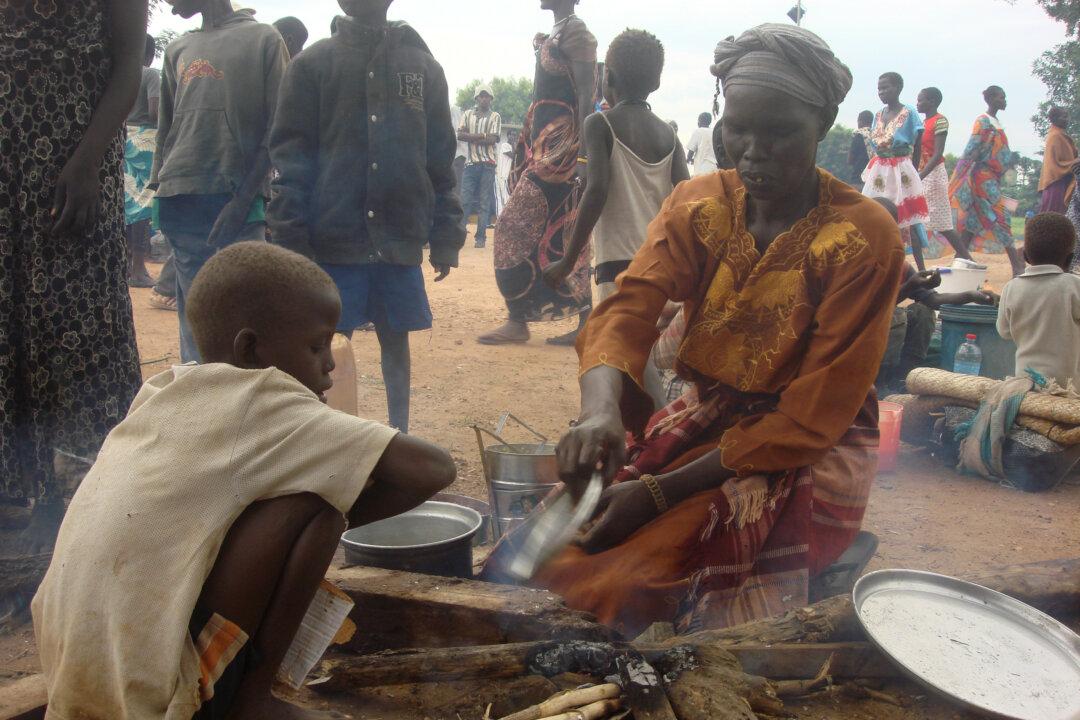In a letter sent to Prime Minister Benjamin Netanyahu, dozens of Israeli youth blasted the Israel Defense Forces (IDF), accusing it of “penetration into civilian life, which deepens the country’s chauvinism, militarism, violence, inequality, and racism.”
Yesh Gvul, an organization that defends conscientious objectors, stated in response to the letter’s publication, “Refusal is a personal decision by every person in a democratic society.”
Conscientious objectors in Israel are known as “sarvanim,” which can be translated as “refuseniks.” Those who signed the letter to Netanyahu are 58 Israelis who were born between 1993 and 1998. Unlike some of those that preceded them, they don’t advocate refusal to serve only in the occupied territories, but rather refusal to serve in the IDF at all.
This is only the latest instance in which civilian citizens have refused to serve in the IDF on the grounds of pacifism, religious philosophy, or political disagreement, particularly on issues such as the occupation of Palestinian territories.
This letter was written 44 years after the first high school seniors’ letter was sent to the Israeli authorities. On April 28, 1970, a group of high school seniors soon to be drafted sent a letter to Prime Minister Golda Meir expressing their reservations about the occupation of the West Bank and Gaza, the War of Attrition, and the government’s failure to avoid the conflict.
In 1987, a new group was formed, made up of high school students who refused to serve in the occupied territories. They called themselves “Shministim,” literally “twelfth graders” as the media had called their previous effort. In 2001, another group of high school refusers followed their example. Today, it is estimated that more than 3,000 Israeli high school students are members of Shministim.
The usual response of the Israeli authorities to members of this group has been to issue jail sentences of several weeks. Among the most prominent members of Shministim that went to prison is Omer Goldman, daughter of a high official of the Mossad. In 2008, a worldwide campaign was launched to request the freedom of the Shministim.
Although conscientious objectors have found support within left wing and Arab parties in Israel, the Israeli Labor Party has criticized its actions, and said that, although their protests against the occupation are valid and understandable, they are using the wrong way to express them. Right-wing politicians, for their part, declared that the dissenters’ actions are inciting anti-Israeli sentiment.
The Israeli youngsters are undaunted by this criticism. In their recent letter they say, “We call on those who read this letter to set aside what is self-evident and to reconsider the meaning of serving in the army. We, the signatories of this letter, intend to refuse to be drafted, and the primary reason for our refusal is our opposition to the occupation of the Palestinian territories by the army.”
In 2002, Israel’s High Court of Justice ruled that refusal to serve was legal on the grounds of unqualified pacifism, but “selective refusal” which accepted some duties and not others was illegal. The court also said that allowing selective refusal would “weaken the ties that bind us as a nation.”
Finance Minister Yair Lapid was also highly critical of the recent high school writers. “This isn’t refusal, this is draft evasion,” Lapid wrote in his Facebook page. And he added, “Secular draft isn’t an ideology. It’s an indulgence by satiated young people who think that they are entitled to everything and that there are others—your children and mine—who have to serve instead of them. I am ashamed of them.” This is a curious criticism coming from Lapid, who did his army service not fighting in the front lines but writing for Bamahane, the IDF newspaper.
Lapid’s opinion of the youngsters’ actions is not shared by the organization Yesh Gvul, which stated, “We are proud of the young people who refuse to take part in oppression and are calling on the government of Israel to sit with the government of Palestine and end the occupation. A different world is possible for both of us and also the Palestinians and we both deserve true peace, and not peace as defined by the Israeli government.”
Dr. César Chelala is a co-winner of an Overseas Press Club of America award.




